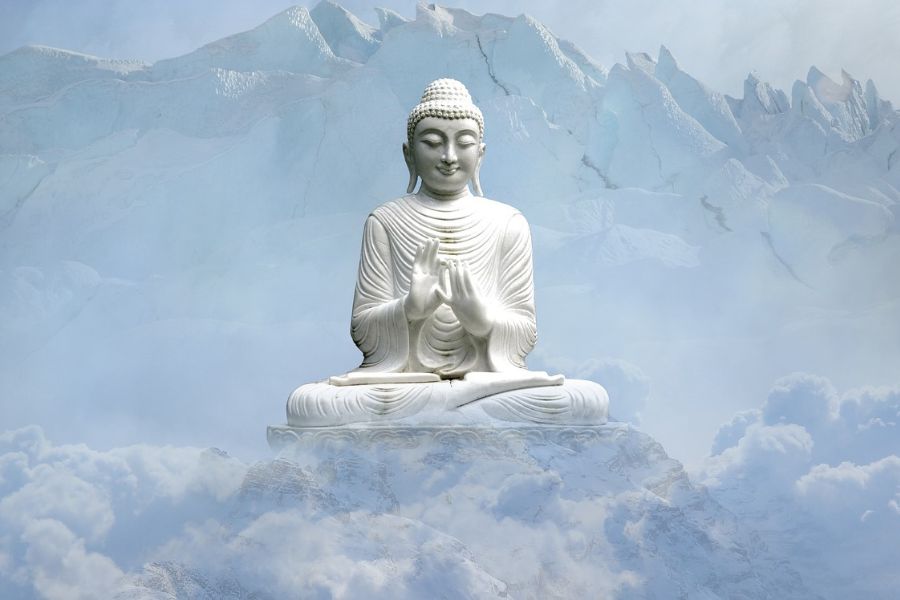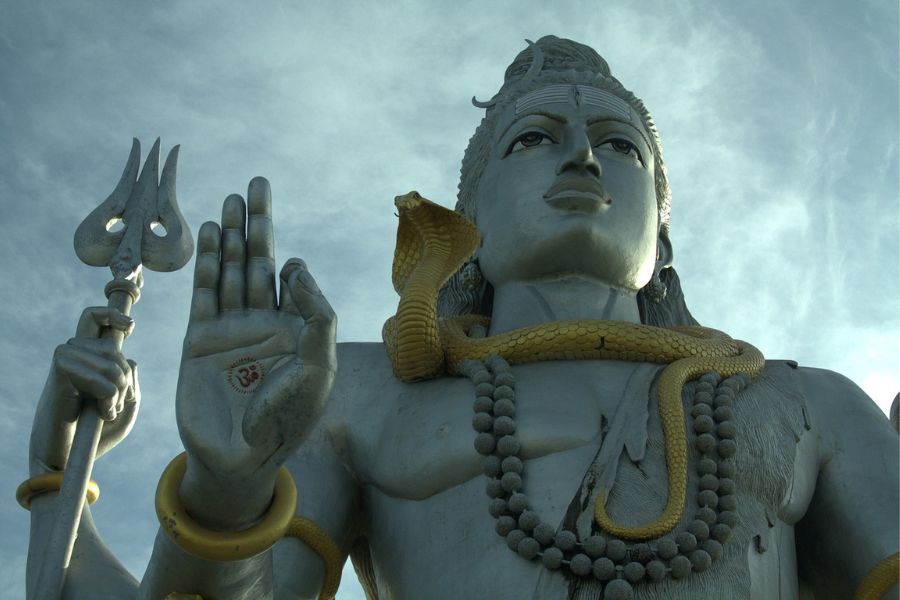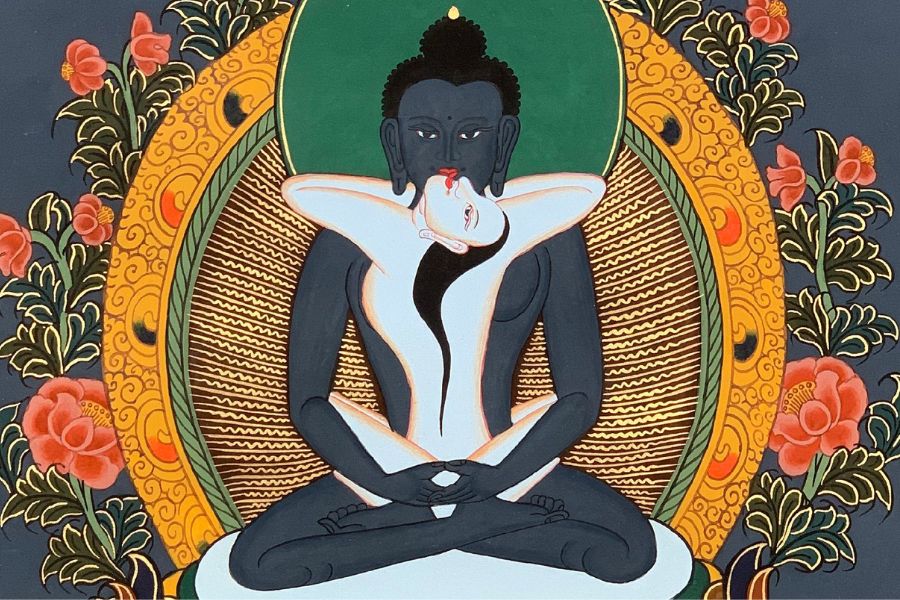The question of celibacy in the pursuit of enlightenment is often debated in spiritual traditions, especially in the context of Buddhism. The Dalai Lama, when asked about the necessity of celibacy to achieve awakening, offers an insightful perspective.
For him, celibacy is not essential for enlightenment, but it does play a significant role in the practice of certain spiritual disciplines.
In the case of the Buddha, his adoption of the monastic robe and his vow of celibacy were meant to reduce attachment and desire, which are essential for spiritual development. Tantrayana, a school of tantric Buddhism, has a distinct approach, where the control of sexual energy and the flow of energy within the body are key to dissolving the grosser layers of the mind and attaining spiritual elevation. The practice requires that the energy generated not be released, but redirected to other parts of the body, creating a blissful experience that facilitates awakening.
However, the Dalai Lama emphasizes that the practice of Tantra is not simply a transgression of sexual acts but rather a highly controlled process aimed at consciously using the flow of energy. In this context, celibacy connects to the concept of energy control but is not an absolute requirement for enlightenment.
Furthermore, the Dalai Lama notes that for both men and women, the principles and techniques in Tantra are the same. Female energy, the so-called "drops of life," is equally vital in Tantrayana practice, with women using their energy in the same way as men to achieve the experience of bliss and enlightenment.
Therefore, the Dalai Lama’s view is that while celibacy can be an important means for spiritual practice, it is not an absolute requirement for enlightenment. The conscious control of vital energy, whether in men or women, is the true path to awakening.




















